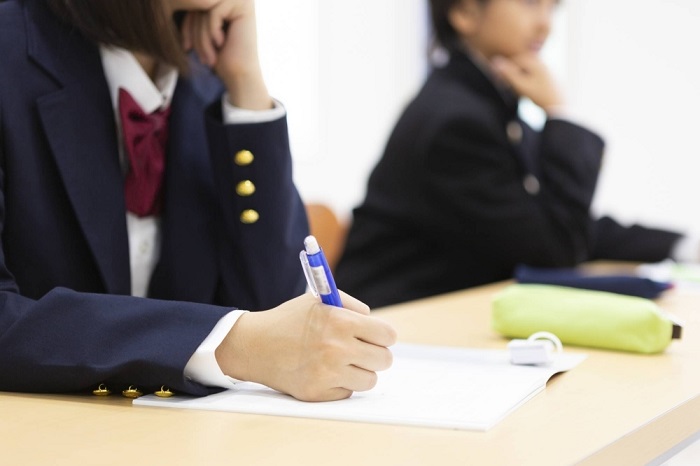
In the latest international learning assessment test conducted by the Organisation for Economic Co-operation and Development (OECD) in 2022, Japanese students demonstrated remarkable progress by securing the third position in utilizing reading skills to solve real-life problems. This marked a significant climb from their 15th place ranking in 2018. Additionally, Japan advanced to the second position in science from fifth place and to the fifth position in mathematics from sixth.
The computer-based test, which covered 81 countries and economies, indicated that Japan’s shorter school closures during the pandemic may have influenced the positive results. The adoption of exploratory learning and interactive teaching methods was also credited for the improved performance.
Although Japanese students outperformed the OECD average in reading, mathematics, and science, Singapore claimed the top spot in all three categories. Notably, China, which led in the previous survey, did not participate due to the pandemic’s impact.
The assessment included tasks such as using spreadsheet software to compare forest area data in various countries and evaluating the credibility of a company website. Approximately 6,000 Japanese students from 183 high schools participated in the test, emphasizing the country’s commitment to addressing reading comprehension following a decline in the 2003 assessment.
While Japan did not achieve as high a score in reading as in the 2012 test, the OECD noted that the long-term trend in overall student performance remained stable. The Ministry of Education, Culture, Sports, Science, and Technology attributed the improved scores to factors such as a greater emphasis on discussion-based classes and students’ increased familiarity with computer-based testing amid the digitalization of schools.”







